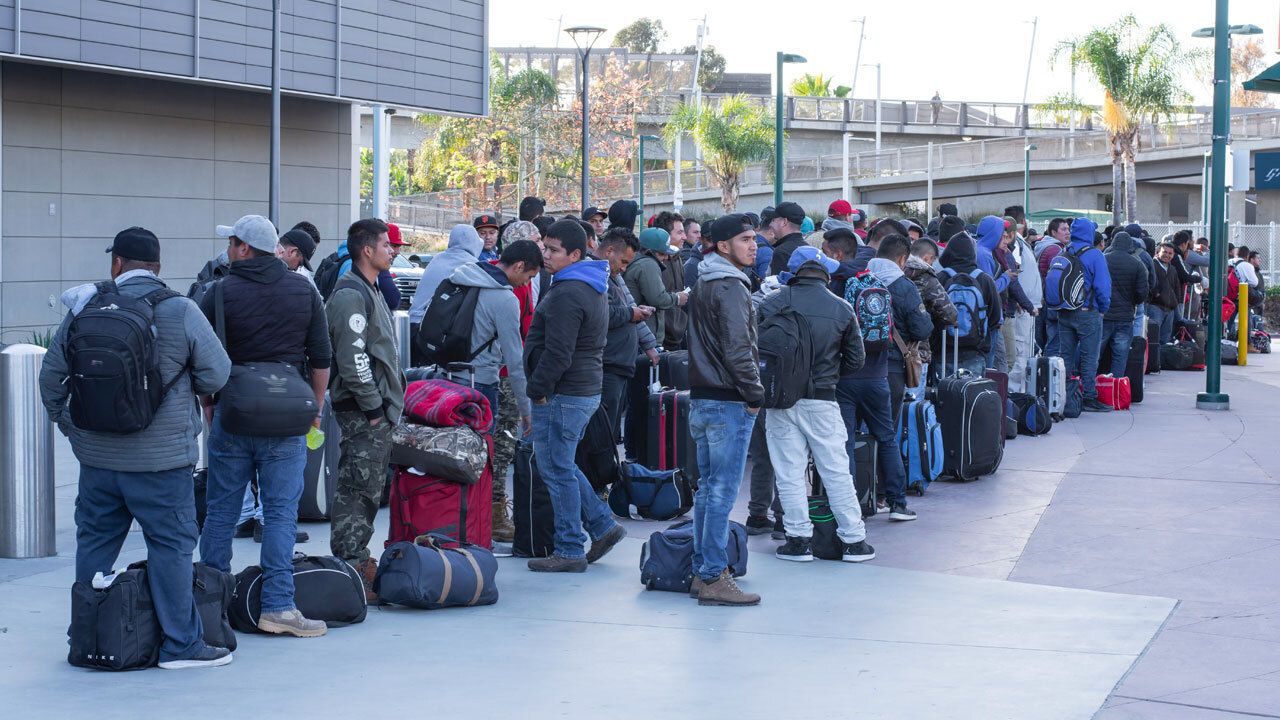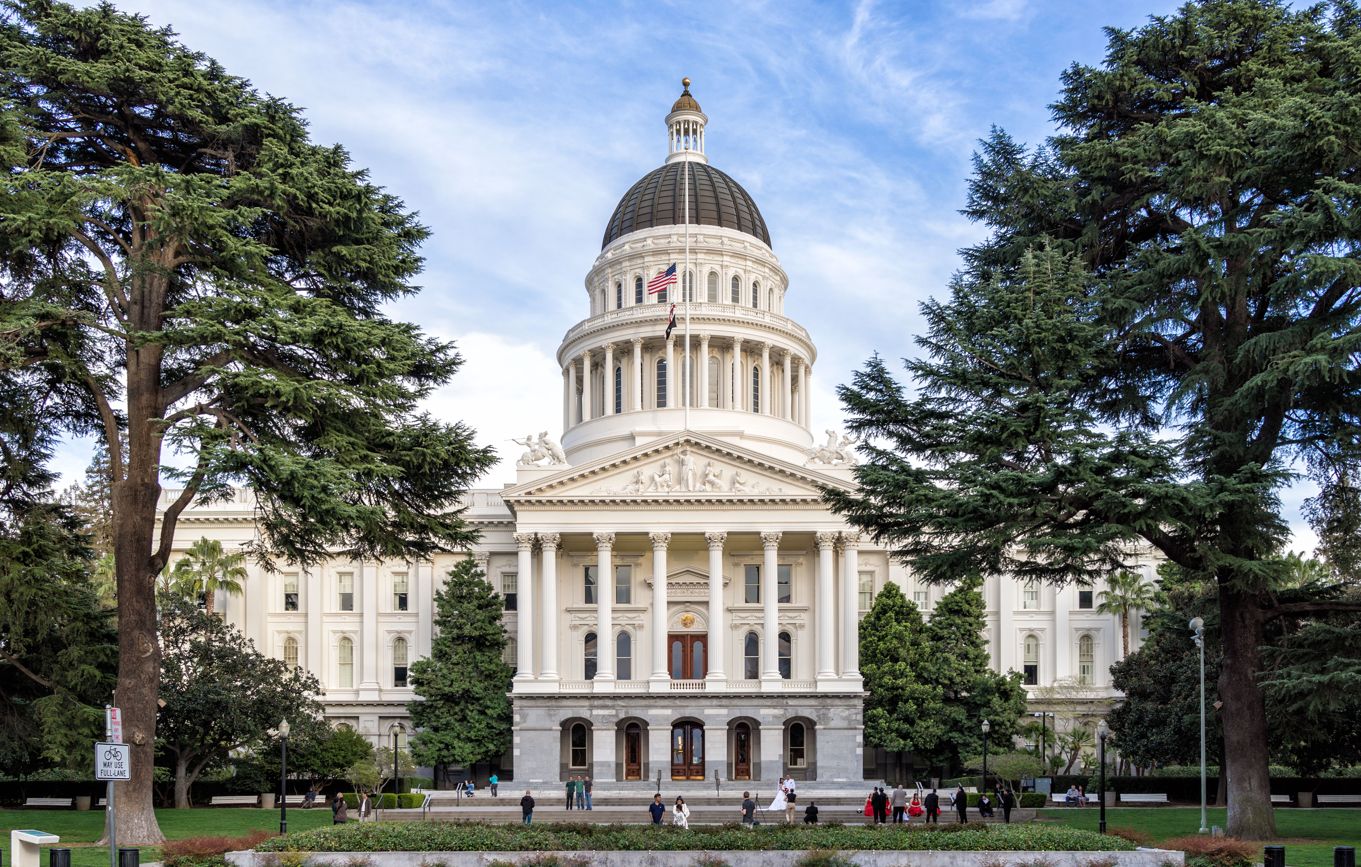The Decline of California
Long time admired for its breath-taking scenery, rich cultural life, and enormous economic opportunities, one has seen in the last number of years a notable exodus of residents from California Not long ago the symbol of a dreamer’s final goal and place, golden state now faces a big change in its demography as more people just pack up to leave. This article will delve into these reasons from a large number of angles, looking at both economic and social causes as well as environmental factors in those who are leaving California.
Financial Pressures
Rising Cost of Living
One of the primary reasons so many Californians are moving out is that the cost of living is just too high! Housing prices, especially are now at the astronomical level, and every year these skyrocket. The major cities like San Francisco, Los Angeles, San Diego have some of highest median home prices in the entire nation! Even rental costs are extremely steep; many people find it difficult to afford decent accommodation.
According to recent data, the median home price in California is over $700,000, more than double the national median! This has made it an unrealistic dream for many people to own property of their own especially those from the younger generation or those in lower brackets of income. Besides housing, the high cost of living also means more expensive daily expenses on things like food and fuel, medical bills and tuition fees (school fees), all of which eat into budgets for ordinary people all around.
Tax System
California is also notorious for its high tax rates. The state has among the highest income tax rates in the country and goes as high as 13.3% for top earners. In addition, the sales tax and property taxes are relatively high. Such financial burdens can result in individuals or enterprises migrating to regions with more favourable tax environments. States such as Texas, Nevada and Arizona that do not implement state income taxes or have significantly lower rates of taxation are increasingly attractive destinations for migrants.
Quality of Life Concerns
Homelessness
In California these days, homelessness has taken on unprecedented dimensions – primarily among the state’s largest cities. As a result of expensive housing, fewer affordable rental units have been available, and economic disparities between the rich and poor have increased. The sight of such crowded camps for homeless people, combined with the day-to-day problems confronting them, has sharply lowered the worth of life and sent many residents away in search of greener pastures.
Traffic and Commuter Times
California’s reputation for congested roads is another drawback. Long flight times, especially in major cities, add to the stress of daily living and decrease the standard. The U.S. Census Bureau reports that the average commute time in California is about 30 minutes. But many people spend far more time on the roads, and are getting tired of it. Hence, there is a noticeable trend toward a simpler and less pressure packed existence – to put it somewhat snidely. And other states fit the bill nicely.
Environmental Issues
Forest Fires
California is in near constant danger from wildfires. Over the years the state has suffered more severe wildfire seasons, mainly due to climate change and longer droughts. Communities are wiped out once thriving villages with homes in them destroyed by fire have left nothing going now but rubble and ash Air quality becomes exceedingly poor thereby exposing people to all kinds of health hazards. The constant danger of forest fires and the losses thus sustained have led many to pack up everything they own and move some place that is noted for its lack of such natural calamities and water Shortages
Aside from wildfires, California faces significant water shortages. Drying up of water sources brings not only restrictions on water use yet also concern for how long one can live under such conditions. Agriculture, the backbone of California’s economy, is hard hit. Employment and economic stability in many rural areas collapse. Towns, where everyone works for a living and must have clean water to drink, are ever more inclined towards leaving the state to look for a new home with greater security in terms of its resources.

Political and Social Factors
Political Climate
Another significant element in the drain is the state’s political climate. California is famous for its progressive policies. But while many people approve of them, some people do not. A number of residents feel that the political atmosphere is out of step with their beliefs and values on life itself. It pushes them to leave, leaving for states with either very conservative or moderate amiable politics. In addition, some companies have complained that the rules in California are too strict and economic development was hindered. That is driving them away to states where rules are more conducive for business.
Social Pressures
Social tensions such as immigration debates, policing controversies, and overall social justice issues have turned various areas of California into polarized environments. The intense scrutiny and public discourse on such topics can be dizzying and exhausting for those who live here. Some are yearning for a social climate change that will bring them closer to their personal values, where they can find community (such as church activity), and stability.
Opportunities Elsewhere
Affordable Housing: One of the biggest reasons for Californians looking outside their state is the area’s lack of affordable housing. However different story is told on Amarillo boulevard, where people can still buy a house. Advocates for living in Texas maintain that if you have the sense to escape California harm, there are alternative places in which settle down. States like Texas, Arizona, Nevada, Idaho, Is one area that plant trees which can be seen from across the horizon. They all command much more modest housing markets than California. At the same time, residents in those states can purchase homes with larger yards, better equipped kitchens and bathrooms–and more floor space per square foot than is possible here in California. Such increased affordability affords a better quality of life and financial stability.
Job Opportunities
The greater prevalence of remote work can tether many Californians no longer to a high-cost state for employment. With this newfound flexibility, they can go to lower-cost regions while maintaining their careers and seek further job opportunities. Furthermore, states such as Texas and Arizona have been experiencing economic growth and job creation, which attracts talent from California.
Family and Lifestyle Changes
Proximity to Family
For many people, leaving California means moving closer to family. As people prioritize personal happiness and stronger family connections, they often move near relatives in other states. The Covid-19 pandemic has exacerbated this trend, underscoring that family support and connection is everything. This trend has been amplified by the COVID-19 pandemic, which made people realize the importance of family support and connection.
Lifestyle Preferences
Finally, reaching a decision on whether to leave California is strongly affected by lifestyle preferences. The fast-paced, high-stress environment of major Californian cities is not suitable for all. Many people prefer the slower pace of life found in other states. Which also means a liking for outdoor activities, community-based living and a general reduction in stress associated with big-city life.
Conclusion: California’s Future
The departure of Californians from what had once been the land of gold is due to a matrix of economic pressures, issues quality life environmental worries, political and social pressures, new opportunities elsewhere and renovations in family lifestyle preferences. Although California still contains unparalleled natural beauty, cultural richness, and economic opportunities, these benefits are increasingly being offset by the problems experienced by its inhabitants.
As migrants to other states, Californians take with them their talents, dreams and hopes-they will inject fresh vigour into the community and development of their new homes. In the meantime, California must find solutions to these major issues if it is to hold on to its people and maintain its position as a pure land of opportunity. Housing affordability, managing environmental challenges and creating a more balanced political and social climate will be critical in reversing the current trend so California can once again be an attractive place to live and work for generations yet unborn.




























